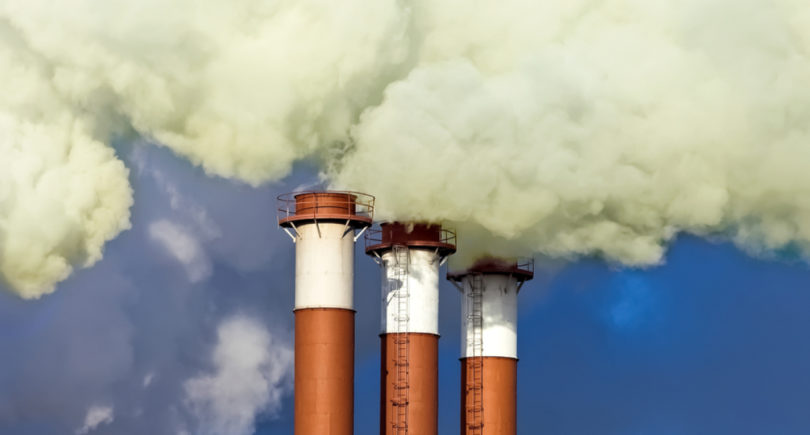
News Green steel decarbonization 632 26 December 2022
Leading US bank JPMorgan has announced targets for reducing carbon emissions in financing and deals in the steel sector, cement production and the aviation industry. Reuters reports about it.
In the latest report published by JPMorgan, it is said that by 2030, the bank intends to reduce the carbon footprint of its financing of mining and steel companies by 31%.
JPMorgan CEO Jamie Dimon also noted that 2022 was marked by a full-scale invasion of the Russian Federation into Ukraine and an increase in energy prices. Therefore, the bank sees the need to ensure energy security and support the oil and gas industry. Informing about the state of affairs in this sector, the financial institution announced that emissions related to the use of oil and gas as of June 30 of the current year increased by 1%.
According to Bloomberg, environmentalists regularly criticize JPMorgan for continuing to provide large amounts of financing to the fossil fuel industry, lagging behind rivals including HSBC Holdings Plc. The latter recently announced that it would no longer support new oil and gas projects.
As GMK Center reported earlier, the World Trade Organization (WTO) will discuss global steel decarbonization standards in March 2023. According to the report, there are currently more than 20 different standards and initiatives to support steel decarbonization efforts, either in place or under development. This can create uncertainty for producers, increase transaction costs and create the risk of trade conflicts.
The European Union reached a political agreement in mid-December on the introduction of a new cross-border tariff on carbon emissions (CBAM) when importing goods, in particular steel and cement. This is the first scheme in the world aimed at supporting European industry during the decarbonisation process.




